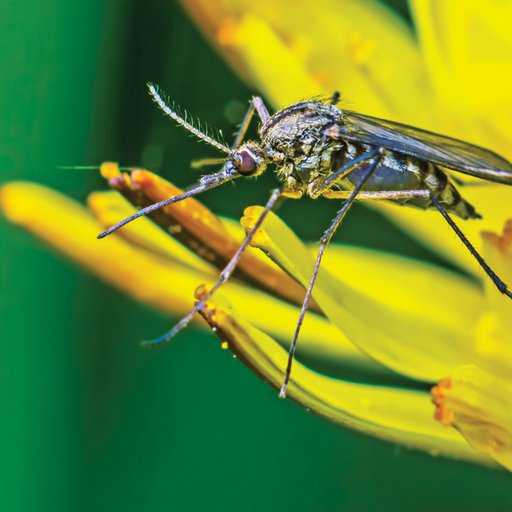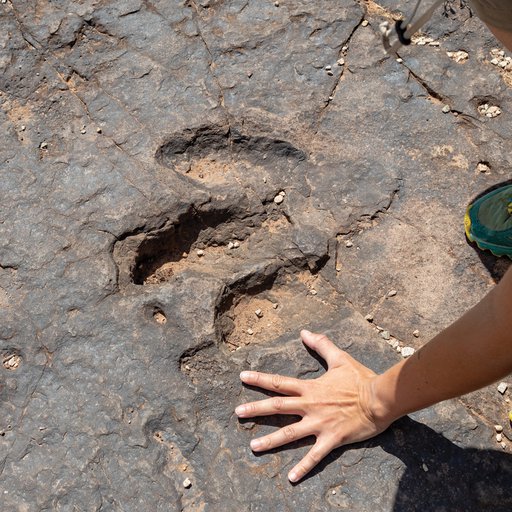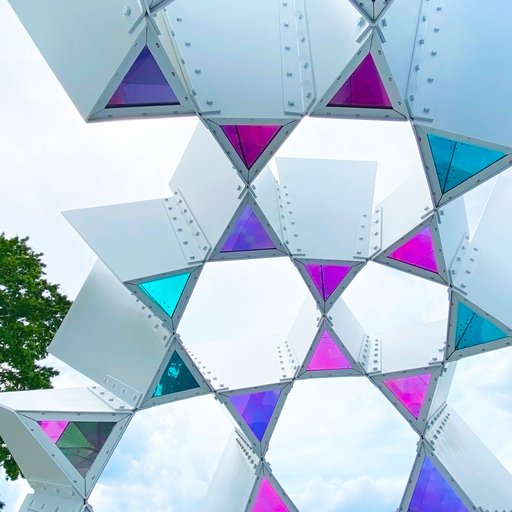Missed Connections
When the predictable becomes unpredictable
Transcript
Weather in the Northern Hemisphere generally shifts on a 1-year cycle that we all expect: in Virginia, that looks like hot and humid summers followed by cold-ish winters. Humans depend on these predictable weather patterns in a variety of ways, from planning when to plant bountiful crops to designing and building safe infrastructure. But rapid human-caused climate change is making the predictable unpredictable, putting our food sources and homes in danger.
Other species are also suffering from the unpredictable nature of climate change impacts.
Climate change has caused the peak bloom date of Washington, DC’s world-famous cherry blossoms to move earlier into the spring by over a week since the 1920s.
In fact, roughly three-quarters of US National Parks including Virginia’s Shenandoah National Park are experiencing earlier springs and bloom dates. The warmer climate causes plants to bud and bloom earlier.
Scientists are concerned that earlier bloom dates will not predictably overlap with when key pollinators are active, causing seed deficits in these habitats. With examples of these missed connections popping up around the world, scientists are keeping a close eye on climate-vulnerable plant and pollinator species.


